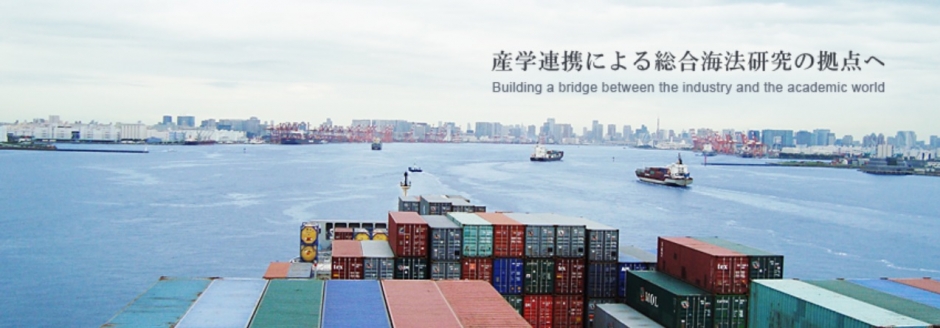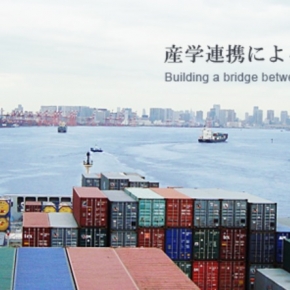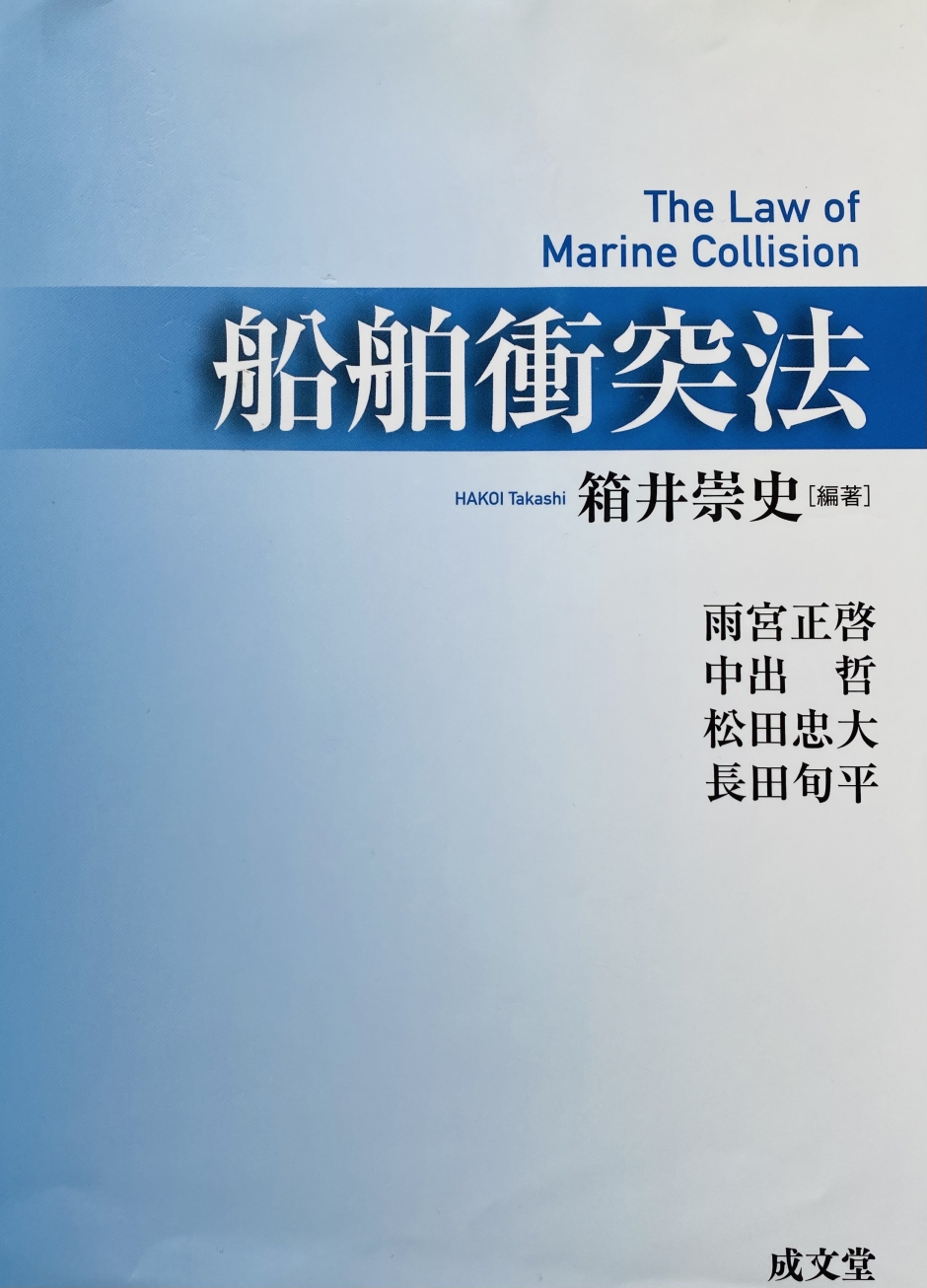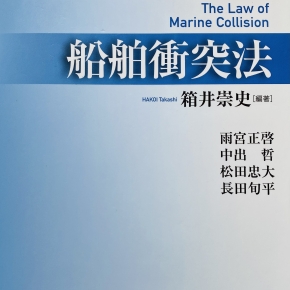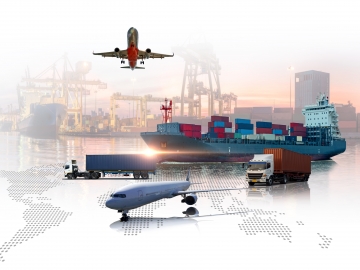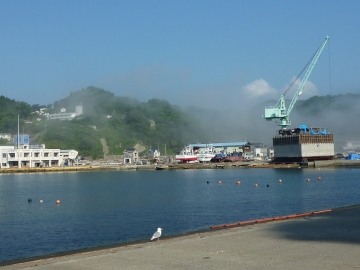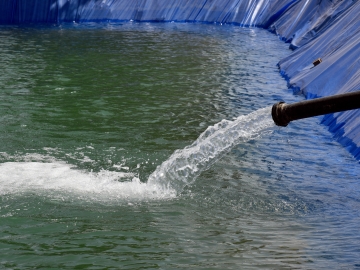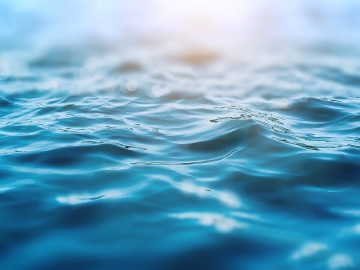Research Theme
Establishment of a research area based on the perspective of "comprehensive maritime law" and promotion of maritime law education
Research Director
HAKOI, Takashi
Faculty of Law, School of Law
Project Members
- HAKOI, Takashi Professor, Faculty of Law, School of Law
- HARADA, Toshihiko Professor, Faculty of Law, School of Law
- ISHIDA, Kyoko Professor, Faculty of Law, School of Law
- KAWANO, Mariko Professor, Faculty of Law, School of Law
- KINOSHITA, Shinichi Research Associate, Faculty of Law, School of Law
- KITAGAWA, Kayoko Professor, Faculty of Law, School of Law
- NAKAIDE, Satoshi Professor, Faculty of Commerce, School of Commerce
- SETA, Makoto Associate Professor, Faculty of International Research and Education, Graduate School of Asia Pacific Studies
- AOTO, Shotaro
- ARAI, Makoto
- CHU, Beiping
- EGASHIRA, Kenjiro
- ENDO, Kenji
- ENOMOTO, Keiichiro
- GUO, Yu
- HAN, Lixin
- HIRATA, Oki
- HORI, Ryuji
- HU, Zhengliang
- IKEYAMA, Akiyoshi
- ITO, Yohei
- JIN, Ling
- KANG, Eunyoung
- KAWAMURA, Arinori
- KIHARA, Tomomi
- KIM, In Hyeon
- KOBAYASHI, Hiroshi
- KUBO, Jiro Guest Senior Researcher (Guest Professor), Comprehensive Research Organization
- LI, Gang
- MASUDA, Fumiko
- MATSUDA, Tadahiro
- MINAMI, Kengo
- NAKAMURA, Norio
- ONISHI, Tokujiro
- OSADA, Jumpei
- SAGO, Teruyuki
- SASAOKA, Manami
- SAYAMA, Kenji
- SENO, Katsuhisa
- SHAN, Hong Jun
- SHIMIZU, Keisuke
- SHIMIZU, Koichi
- SHINTANI, Kazuaki
- SHIRAISHI, Tomonori
- SHIZUTA, Kazuhiko
- TAKANO, Shinichi Guest Researcher (Guest Assistant Professor), Comprehensive Research Organization
- TANAKA, Yosuke
- TSURUSAKI, Yutaka
- TSURUTA, Jun
- YOSHIDA, Reiko
- ZHANG, Xiujuan
- ZHANG, Yongjian
Research Keywords
Maritime Law, Comprehensive Maritime Law
Research Summary
From the perspective of “comprehensive maritime law,” the Institute of Maritime Law will conduct research projects in three main areas: (1) maritime law research, (2) international exchange, and (3) maritime law education. The large-scale groundings of large vessels in Mauritius in 2020 and in the Suez Canal in 2021, both involving Japanese shipowners and shipping companies, have been widely reported in Japan, and have probably aroused more than a little interest in the “Maritime Law” in Japan. However, the concept of “maritime law” is still not common in Japan and is not highly recognized. In addition, today, maritime law is scattered across various legal fields, including maritime commercial law, marine insurance law, maritime labor law, maritime criminal law, and international private maritime law. And they have never been treated as major in each field of law. The Institute of Maritime Law has been working as a research center for “comprehensive maritime law” by bringing together researchers and practitioners in various fields of maritime law to ensure that maritime law research in Japan, a maritime nation, does not decline or disappear, and that it develops further. In Japan today, the need for a research center for “comprehensive maritime law” has not yet been lost. From this perspective, we will conduct joint research on various contemporary issues in the field of maritime affairs, with a focus on shipping, through the above three pillars. First, in the first pillar, “Maritime Law Research,” six study groups (Case Study Group, Foreign Maritime Law Study Group, Marine Collision Law Study Group, Maritime Criminal Law Study Group, Ship Finance Law Study Group, Marine Insurance Law Study Group) and a WG for publication will be established to conduct interdisciplinary and cross-disciplinary maritime law research with an awareness of contemporary practice and publish results including specialized books. Next, in the second pillar, “international exchange,” we will build, expand, and maintain a network of domestic and international researchers based on the East Asia Maritime Law Forum and the Japan-China Maritime Law Joint Study Group, which we have continued to hold. In addition, although we have not been able to go beyond the boundaries of East Asia, mainly for financial reasons, we would like to consider expanding the scope of international exchange, as online methods have made it possible to conduct exchanges that do not involve actual travel within and outside of Japan. Finally, in the third pillar, “maritime law education,” we plan to continue practicing maritime law education by accepting working adults into the Master’s Course in Maritime Law for Working Adults.


